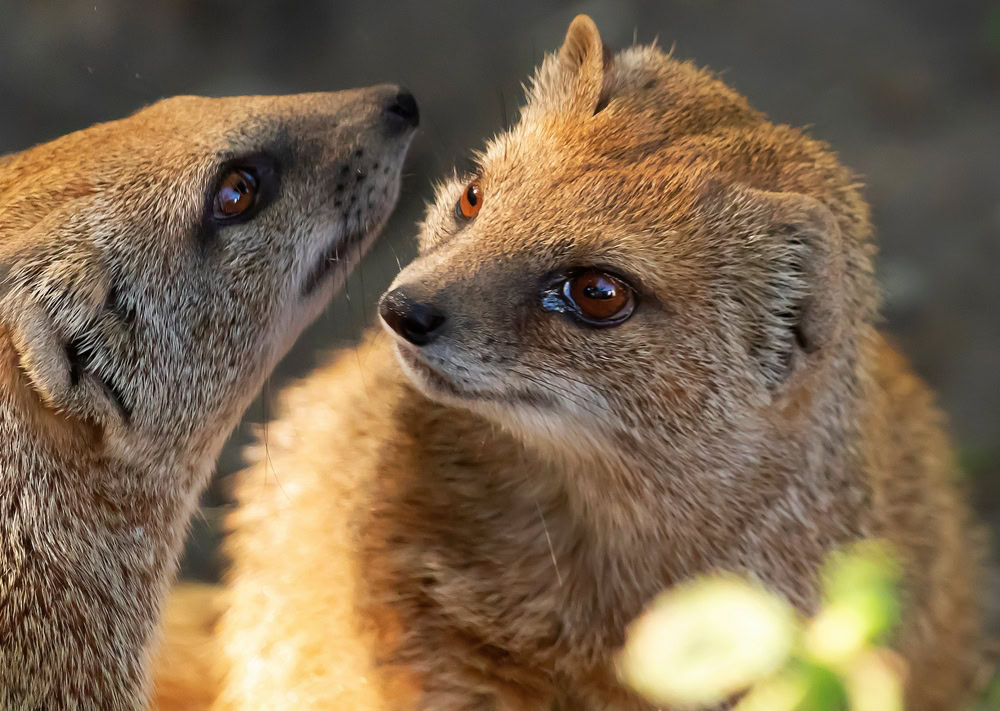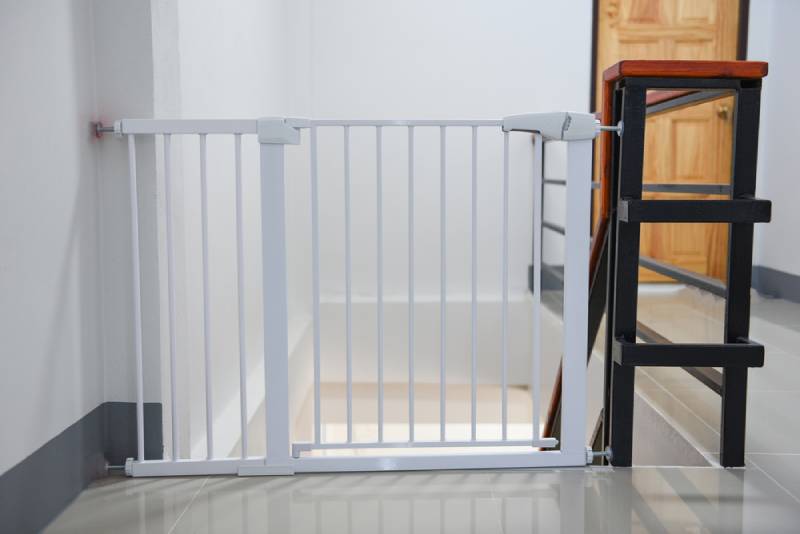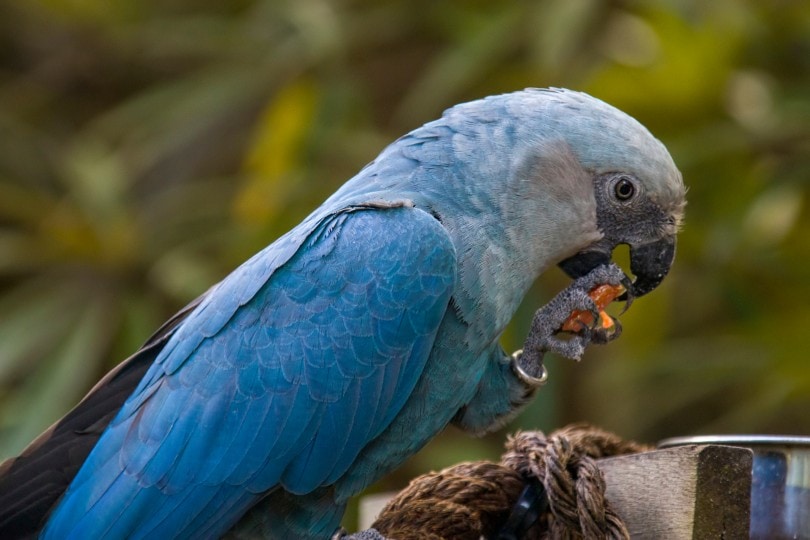VET APPROVED

The information is current and up-to-date in accordance with the latest veterinarian research.
Learn more »Click to Skip Ahead
If you’re interested in exotic pets, it’s not a stretch to wonder if a mongoose would make a good pet. While you may have come across stories of people who have tried to keep them as pets, it’s important to remember that mongooses are wild animals, not domesticated, and owning one is even illegal in most parts of the US.
Below, we explain why mongooses don’t make good pets and what you need to know about these fascinating animals.

Are Mongooses Friendly to Humans?
When it comes to determining if a pet mongoose is friendly to humans, you can get a ton of mixed opinions. While wild mongooses are undoubtedly hostile toward humans, plenty of pet owners claim that they’ve “domesticated” their mongoose and made them less aggressive.
While we understand that a hand-raised mongoose can be friendly toward their owners, they will never be friendly toward other animals in the home. Moreover, while they will likely be friendly toward other humans, this is far from guaranteed.
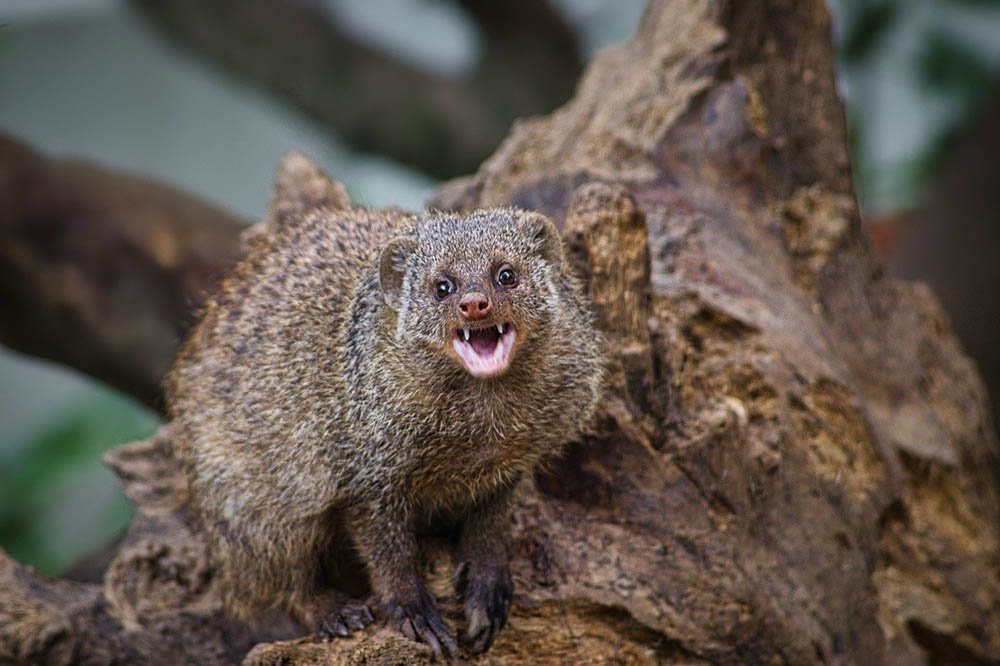
Is It Legal to Own a Mongoose in the United States?
It’s illegal to own a mongoose in most states in the United States. For example, the small Indian mongoose (Herpestes javanicus) is listed as an injurious species under the Lacey Act. This is due to their destructive impact on native wildlife and ecosystems.
Before considering keeping a mongoose, check out all the local and state laws regarding mongoose ownership in your specific state and municipality.
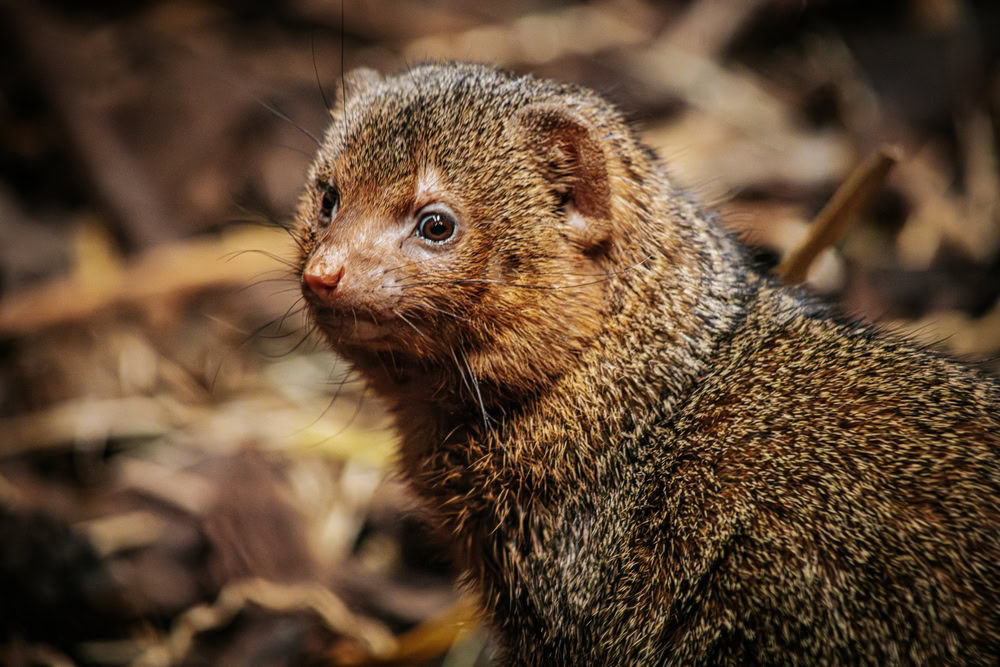
Concerns of Owning a Mongoose
There are significant concerns when it comes to owning a mongoose. For starters, as a part of the weasel family tree, the mongoose is known to be a bit dangerous to own. Their wild instincts are deeply embedded in them.
Furthermore, there are plenty of health concerns that come with owning a mongoose. Chief among them is leptospirosis. This is an extremely dangerous condition that can lead to kidney damage, meningitis, liver failure, trouble breathing, and even death without treatment.
Additionally, mongooses naturally emit an unpleasant odor to keep other animals away. While this isn’t a big deal in the wild, this can be unpleasant if the mongoose is in your home.
Setting legality aside, mongooses have complex needs that make them unsuitable for life in a home environment. In the wild, they are highly active and cover large areas in search of food, requiring constant mental and physical stimulation. Replicating this in a home environment is virtually impossible. They also have specific dietary requirements and are instinctive hunters, something that cannot be safely or ethically reproduced in a domestic setting.
The risks of attempting to keep an exotic pet like a mongoose extend far beyond the individual animal. If they escape or are released, mongooses can have devastating impacts on local ecosystems. For example, in Hawaii and Puerto Rico, introduced mongooses are estimated to cause over $50 million in damages each year, primarily due to their impact on native species and agriculture. These consequences highlight why mongooses are considered invasive in many parts of the world and why strict regulations are in place to prevent their private ownership.
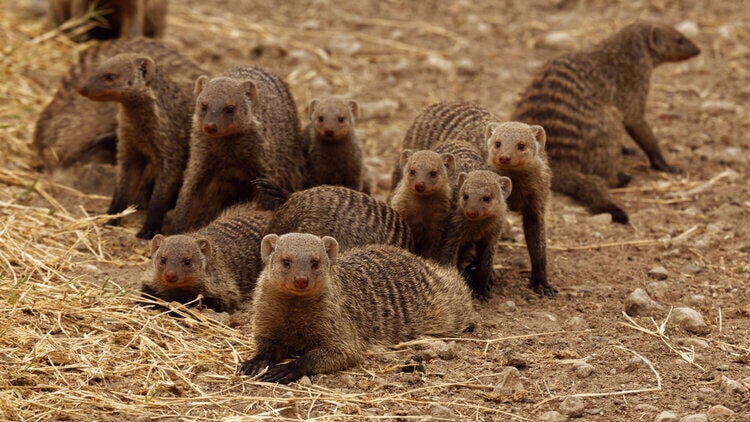

Final Thoughts
While a mongoose might be a cute animal to observe from a distance, in the wild or at a wildlife facility, the truth is that they belong in the wild and are not suited to life as pets. Their natural behaviors, complex needs, and potential ecological impact make them inappropriate and often illegal to keep in a home environment.
At PangoVet, we strongly advise against attempting to domesticate wild animals like mongooses. Instead, we encourage admiration from afar and support for conservation efforts that protect them in their natural habitats.
Featured Image Credit: Juniarto Juniarto, Shutterstock
